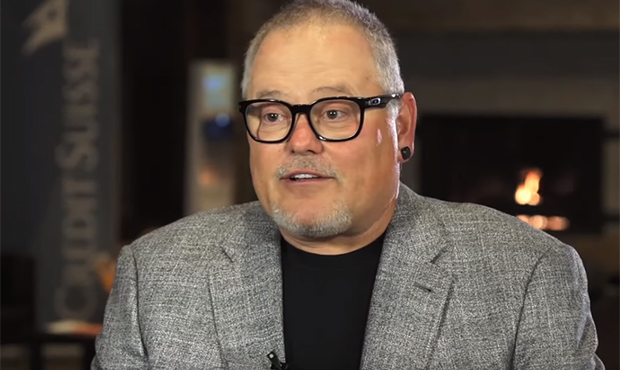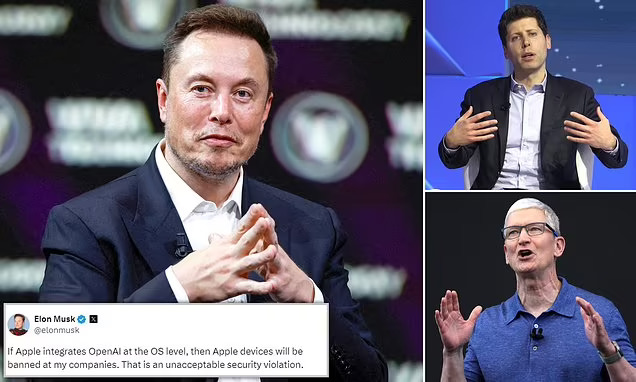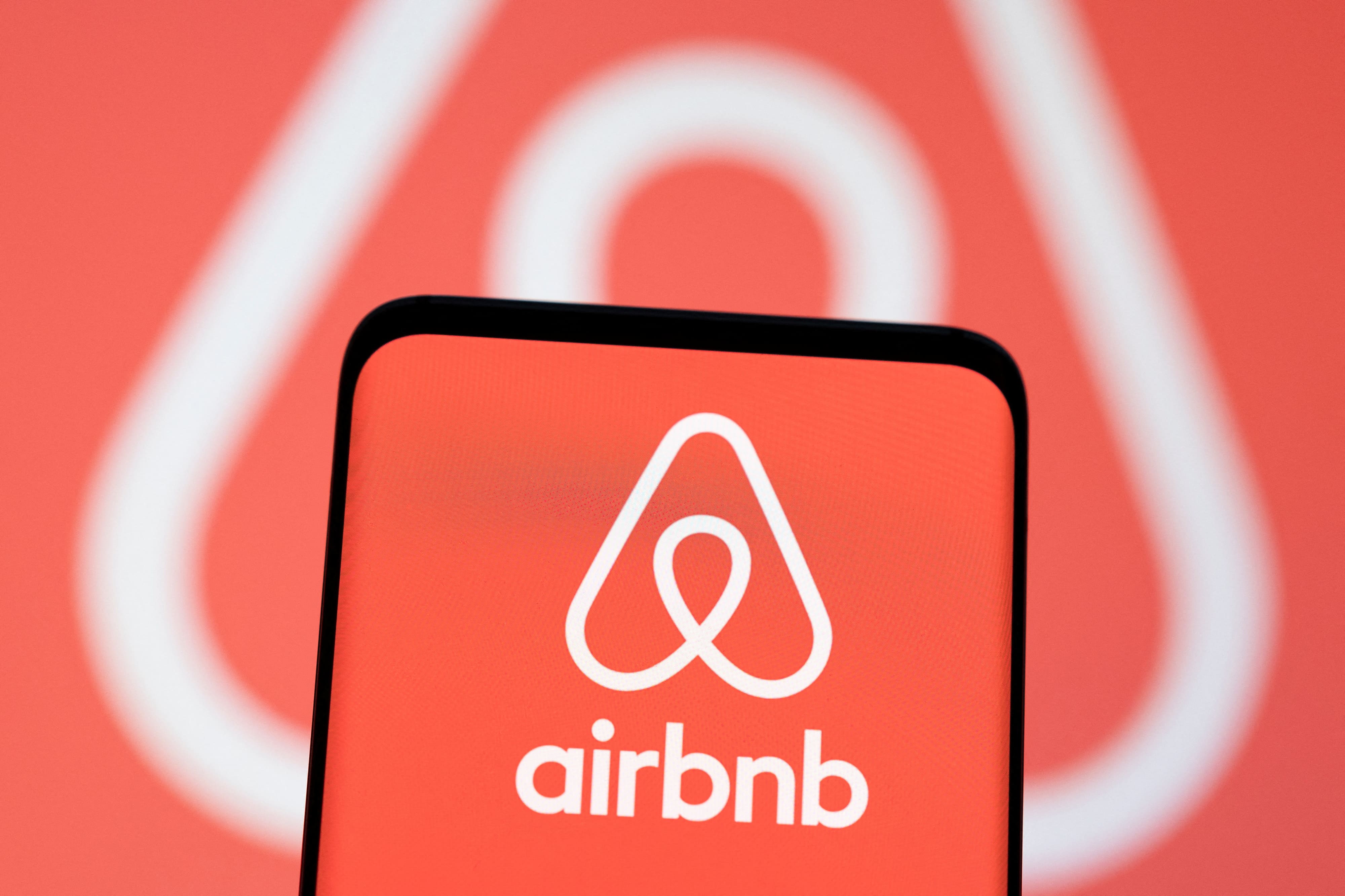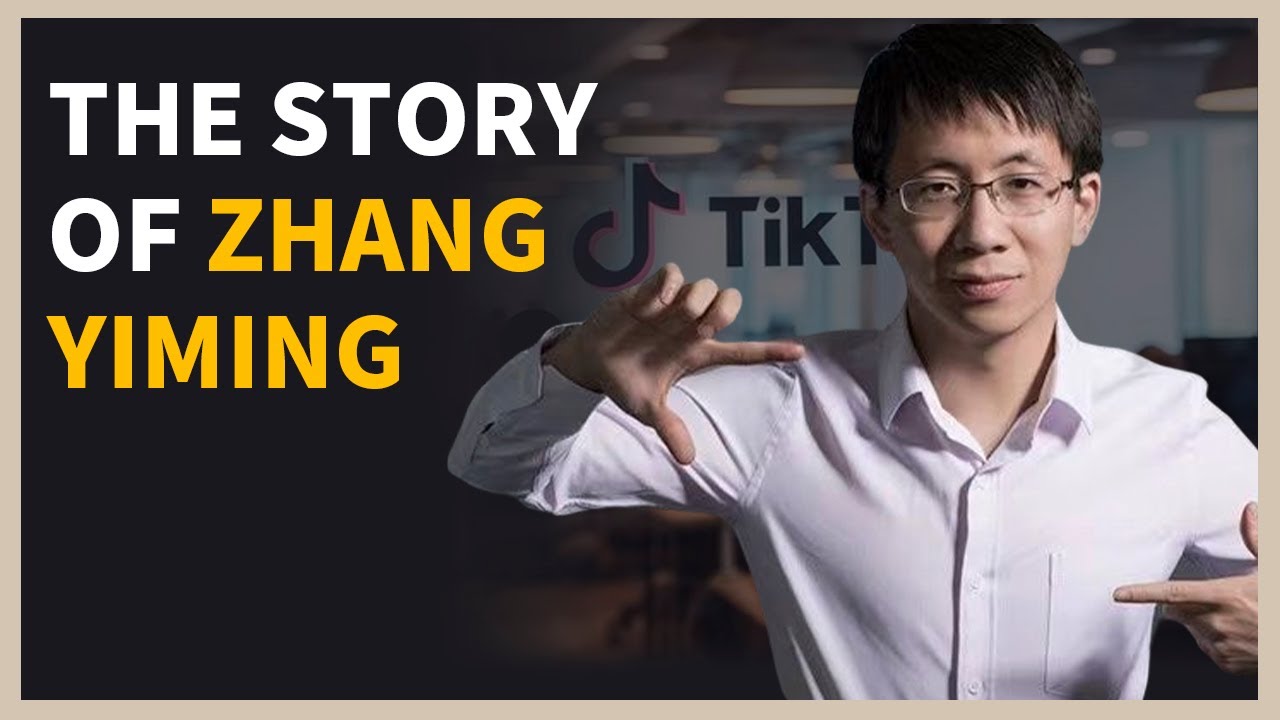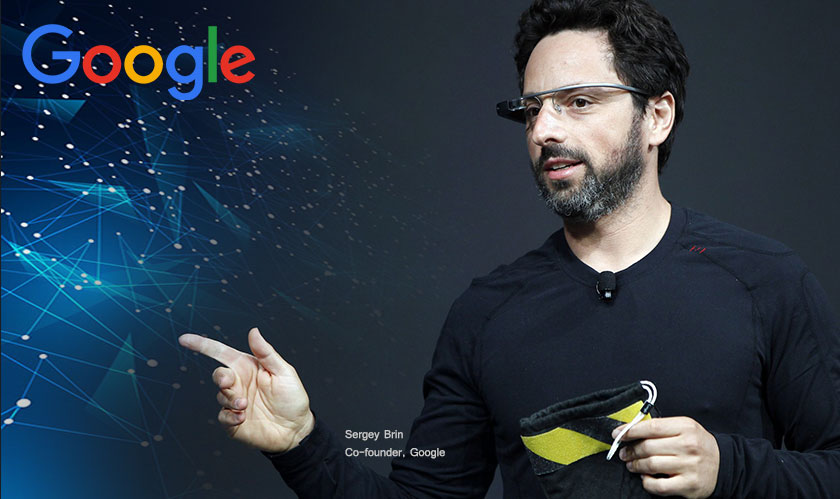The Secrets of Peter Thiel’s Success Story
Peter Thiel, co-founder of PayPal and Palantir Technologies, has established himself as one of the most influential figures in Silicon Valley. His success story is multifaceted, underpinned by visionary thinking, strategic risk-taking, and a keen understanding of technology and market dynamics. To uncover the secret of Thiel’s success, one must delve into his philosophy, business strategies, and distinctive approach to innovation.
Visionary Thinking and Contrarian Philosophy

Image Source: bloomberg.com
Thiel’s success is rooted in his contrarian philosophy, which he elaborates in his book “Zero to One.” He believes that true innovation comes from creating something new rather than competing in existing markets. This mindset has driven his ventures and investments, setting him apart in a landscape often focused on incremental improvements. Thiel’s emphasis on thinking differently and looking for unique opportunities is a key aspect of his success. He famously advises to “find secrets,” opportunities that are not obvious to everyone, and to build monopolies around them.
Strategic Risk-Taking
Risk-taking is another critical component of Thiel’s success. Unlike many entrepreneurs who shy away from high-stakes ventures, Thiel embraces calculated risks. His investment in Facebook is a prime example. In 2004, when social media was still nascent, Thiel saw potential in Facebook’s vision and invested $500,000 for a 10.2% stake. This bold move paid off handsomely, with Facebook becoming a cornerstone of his wealth and reputation.
Deep Understanding of Technology
Thiel’s deep understanding of technology and its future trajectories has been instrumental in his success. His background in philosophy and law, combined with his experience in tech, allows him to see the broader implications of technological advancements. This foresight was evident in the founding of Palantir Technologies, a company focused on big data analytics long before it became a buzzword. Thiel recognized the growing importance of data and its potential to revolutionize industries, positioning Palantir at the forefront of the data revolution.
Building Networks and Leveraging Talent
Thiel’s ability to build and leverage networks has also been crucial. His role in creating the “PayPal Mafia,” a group of former PayPal employees who went on to found and fund several successful tech companies, highlights his knack for fostering talent and collaboration. This network has been a significant asset, providing him with access to top-tier entrepreneurs and investment opportunities.
Embracing Controversy
Thiel’s willingness to embrace controversy has further distinguished him. From his libertarian political views to his involvement in the Gawker lawsuit, Thiel has not shied away from taking unpopular stands. This boldness reflects his belief in the importance of standing by one’s principles and convictions, regardless of public opinion.
Uncovering the secret of Peter Thiel’s success reveals a blend of visionary thinking, strategic risk-taking, technological foresight, network building, and a willingness to embrace controversy. His unique approach has not only led to his personal success but has also had a lasting impact on the tech industry and beyond.

I am a law graduate from NLU Lucknow. I have a flair for creative writing and hence in my free time work as a freelance content writer.

